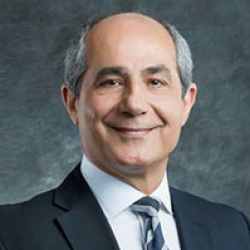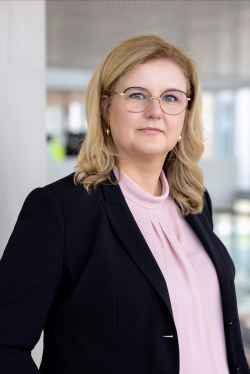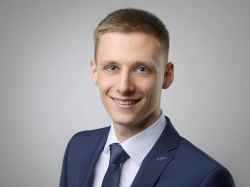| Wednesday, November 15, 2023 | |
SMART Medtech |
|
| 13:50 | Welcome Remarks |
Laith Altimime, SEMI Europe Welcome Remarks
 Abstract Biography |
|
| 14:00 | Opening Remarks by Session Chair |
| 14:05 | Intersecting Paths: Uniting Moore's Law and Biology Through Bioconvergence |
Nina Siragusa, Merck KGaA Intersecting Paths: Uniting Moore's Law and Biology Through Bioconvergence
 Abstract Biography |
|
| 14:25 | Reserved for Philips MEMS & Micro Devices |
| 14:45 | Reserved for imec |
| 15:05 | Reserved |
| 15:25 | Key Takeways from Session Chair |
SMART Manufacturing |
|
| 15:50 | Welcome Remarks by Session Chair |
| 15:55 | Reserved for Applied Materials |
| 16:15 | AI Engineering (B. Sc.) - Rethinking Applied AI Education |
Benjamin Rolf, Otto-von-Guericke-Universität Magdeburg AI Engineering (B. Sc.) - Rethinking Applied AI Education
 Abstract Biography |
|
| 16:35 | Topic Coming Soon, Jérome Schwartzmann, Strategic Partnership & Programs Director, Soitec |
| 16:55 | Data Driven Optimization in Semiconductor Fabrication: How Business Efficiency Helps Environment as Well |
Thomas Heller, GLOBALFOUNDRIES Data Driven Optimization in Semiconductor Fabrication: How Business Efficiency Helps Environment as WellAbstract Biography |
|
| 17:15 | Reserved |
| 17:40 | Key Takeways from Session Chair |